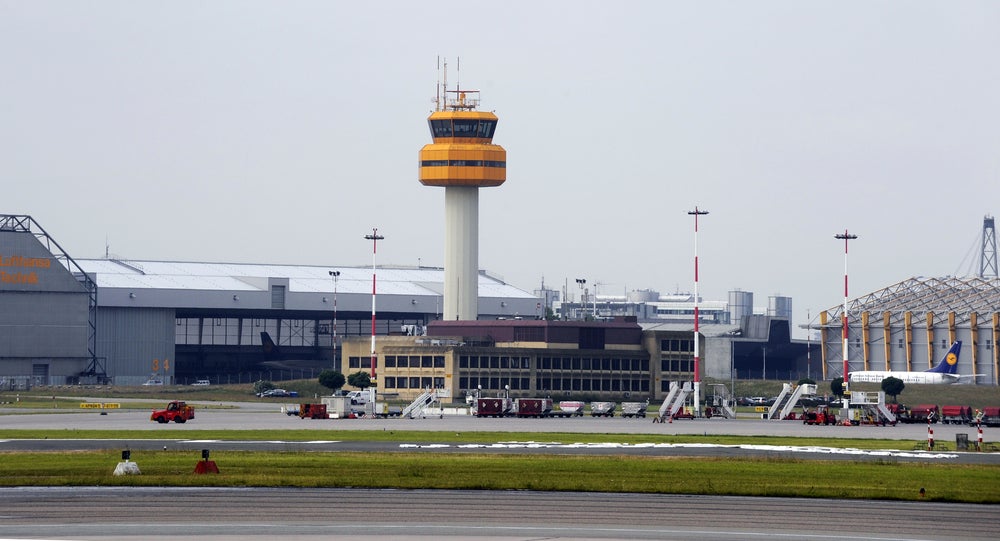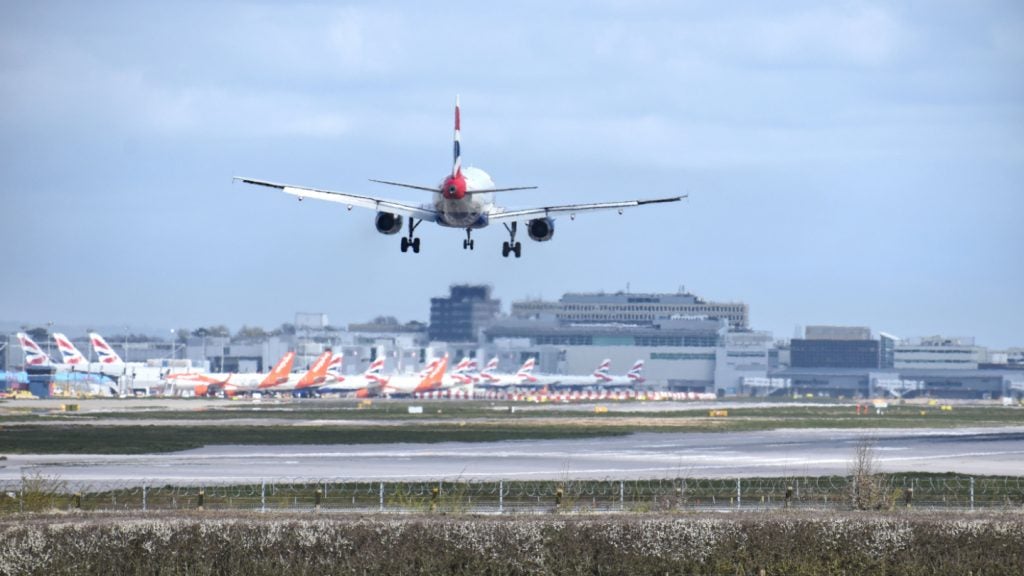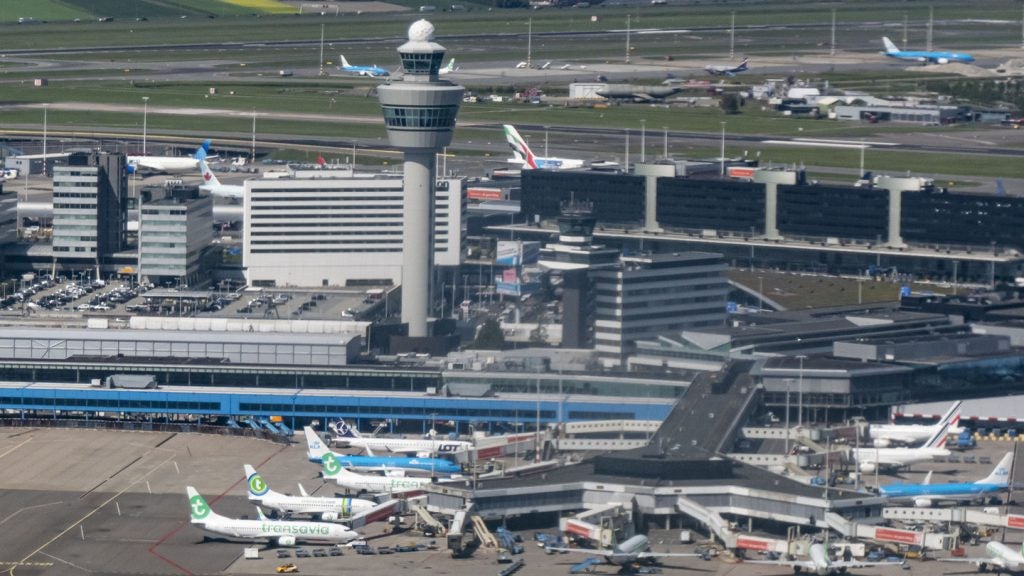On Saturday 4 November, a man in a civilian car broke through a security gate at Hamburg International Airport and held his four-year-old daughter as a “hostage”. He caused a shutdown of the airport for several hours but later gave himself up without resisting police.
Although no one was seriously injured, or worse, the event raised serious questions about airport and runway security and a statement from the airport itself did little to clear up concerns.
"The perpetrator used an act of brute force to gain access to a multi-security area,” Katja Bromm, Head of Communications at Hamburg Airport, explained.
“The car was driven through a security barrier at high speed. The driver took no account of whether he could injure or endanger himself, his passenger or the staff at the security gate.”
Bromm said the priority of security forces was then to “stop the perpetrator(s) as quickly as possible”.
“What is important here is the effective mix of technical measures and the physical presence of the security forces. The security forces were on site within minutes and flight operations were suspended,” she confirmed.
But aviation experts said the incident raised serious questions regarding Hamburg International’s security arrangements.
Airport Technology spoke with aviation consultant Andrew Charlton, who described the incident as a lucky escape.
“What [Hamburg] luckily got was an example that their barrier gate wasn't as good as they thought it was… [But] If an ordinary commercial consumer car can drive down the fence, then arguably, the fence isn't very strong or isn't strong enough,” he explained.
Charlton, managing director of Aviation Advocacy, questioned whether the staff on the perimeter gates is enough and suggested Hamburg could consider upgrading its technical security, along with its physical infrastructure.
“You can drive at people and have no regard as to whether they're going to live or die. But you'd have thought there were technical ways to stop that happening or certainly better ways… It's not as if there aren't suggestions and ideas out there.”
Meanwhile, Heinrich Großbongardt, an aviation analyst based in Hamburg, told German international news service Deutsche Welle it was not the first incident to raise security concerns at Hamburg or other German airports.
“Smaller airports certainly have deficiencies and sometimes eye-popping deficiencies,” Großbongardt said. He gave the examples of Hamburg, Berlin and Dusseldorf airports being accessed by climate activists in 2023, which also resulted in unauthorised persons on the airport aprons.
“In Germany, we have airports that are just surrounded by wire mesh fences, which can be easily overcome and can be easily breached. We have seen it several times and unfortunately, nothing happened,” he lamented.
While Geneva-based expert Charlton said perfect airport security systems are “impossible”, he did expect a review and potential upgrades to be built.
“We're lucky that no one got injured. And no major damage was caused but another vulnerability was exposed. All we can do is learn from these sorts of things,” he said.
“The suppliers are going to be forming a fairly disorderly queue I suspect outside Hamburg Airport.”














